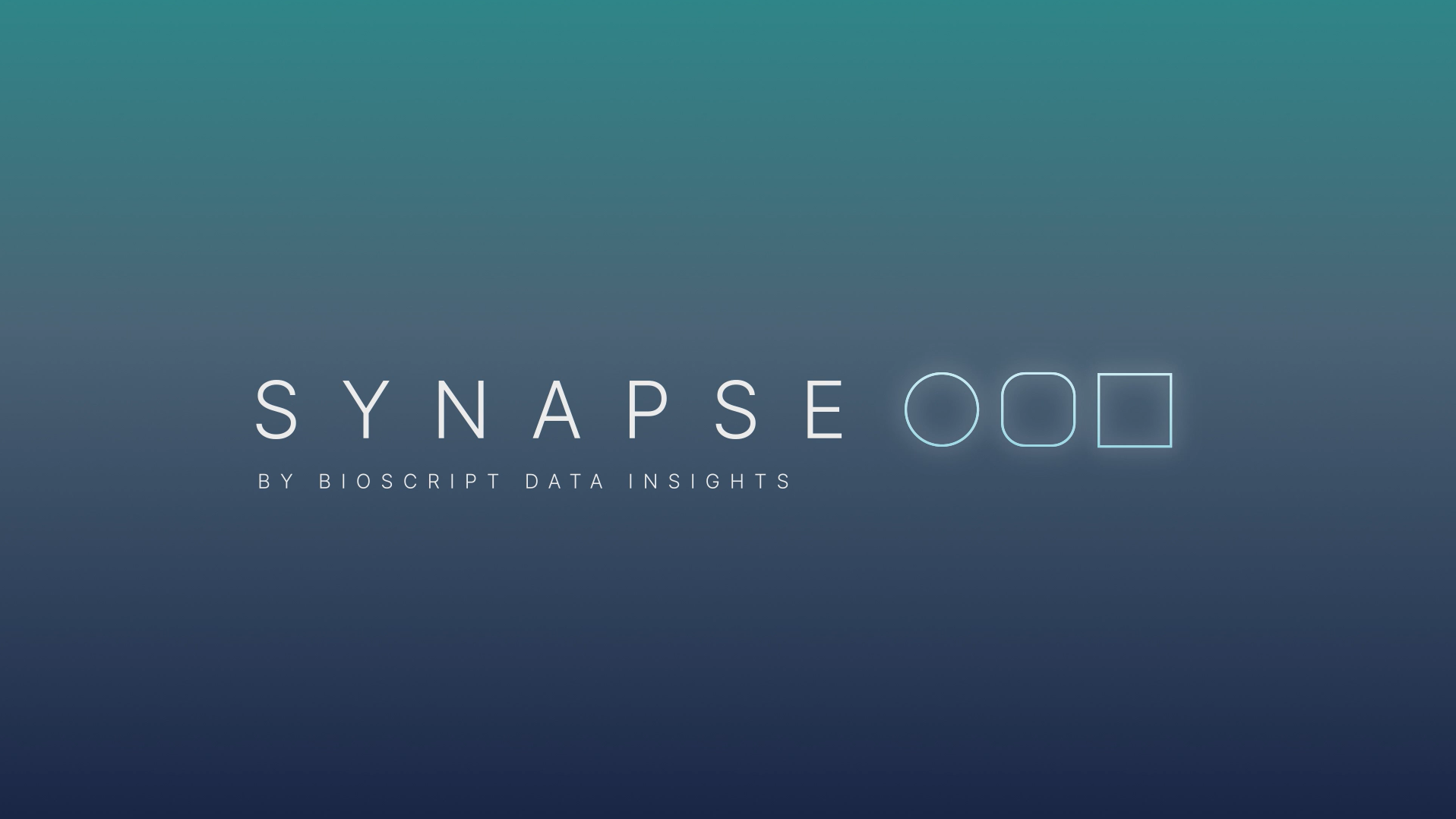
ESMO 2024 Highlights: The growth of ADC’s in oncology | Bioscript Group
Reflecting on ESMO 2024, the advances across such a broad range of tumour types are both inspiring and overwhelming. We saw positive studies and negative studies, both of which are essential in advancing our understanding of how to optimise patient care.
However, there’s now a particular hype around one therapeutic approach – antibody drug conjugates (ADCs). ESMO 2024 saw 13 sessions dedicated exclusively to ADCs, eight of which were industry-sponsored and two were focussed entirely on the safety and management of these agents. This drug class is rapidly evolving and is defining a new era in oncology treatment.
ADCs are targeted therapies designed to provide more precise drug delivery by delivering cytotoxic agents directly to tumour cells/tumour microenvironment. They consist of three key elements – the target, the linker, and the payload. Targets are designed against a specific antigen overexpressed on a cancer cell, such as HER2 or FRα. Linkers connect the antibody to the cytotoxic drug and are crucial for the stability and release of the payload. The payload is the cytotoxic drug that kills the cancer cell, commonly microtubule inhibitors, DNA-damaging agents or topoisomerase inhibitors.
ADC insights from ESMO 2024: Gynae, breast and NSCLC
With such a wide scope for combining different targets, linkers and payloads, nearly 200 ADCs are already in development with numerous industry players in the game. At ESMO 2024, gynaecologic cancer was particularly busy with new ADC data. Currently, there are two FDA-approved ADCs for gynaecologic cancers: mirvetuximab soravtansine (MIRV) for FRα ovarian and tisotumab vedotin for cervical cancer, with trastuzumab deruxtecan (T-DXd) gaining accelerated approval for HER2 solid tumours. However, more than 40 ADCs are in clinical development for ovarian cancer alone, covering a wide range of targets and payloads.
Promising data from several phase II studies in gynae cancer were presented at ESMO 2024:
- Datopotamab deruxtecan (Dato-DXd) in the phase II TROPION PanTumor03 showed encouraging efficacy in patients with advanced/metastatic ovarian and endometrial cancer, with a manageable safety profile.
- Sacituzumab tirumotecan (Sac-TMT) monotherapy demonstrated promising anti-tumour activity in a phase II study of previously treated patients with endometrial and ovarian cancer with a manageable safety profile.
- Sac-TMT plus pembrolizumab demonstrated promising antitumour activity in a phase II study of patients with 2L or 3L recurrent/metastatic cervical cancer with a manageable safety profile.
- In the phase II PICCOLO trial, MIRV demonstrated notable efficacy in a heavily pretreated population of platinum-sensitive ovarian cancer, with a differentiated safety profile consisting primarily of low-grade neurosensory, GI and resolvable ocular AEs.
In breast cancer, T-DXd and sacituzumab govitecan have been recently approved for HER2+ and TNBC, respectively. A number of presentations from ESMO 2024 focussed on further analyses of T-DXd, with some promising data from investigational ADCs also being discussed:
- Phase IIIb/IV T-DXd in patients with HER2+ advanced/metastatic breast cancer (mBC)with stable and active brain mets demonstrated substantial and durable overall and intracranial clinical activity, supporting the use of T-DXd irrespective of stable or active brain mets.
- DESTINY-Breast06 insights:
- Patients with HER2 low and ultra-low mBC derive clinically meaningful benefit from T-DXd; nearly two-thirds of patients with HER2 ICH0 were scored centrally as HER2-low or ultralow, highlighting a potential need to reassess patients scored as ICH0 to determine eligibility for T-DXd.
- PRO results showed QoL was maintained with time to deterioration delayed in physical and role functioning, and pain.
- The phase II ICARUS-BREAST-01 study of patritumab deruxtecan in patients with HR+/HER2− advanced breast cancer showed clinically meaningful activity and manageable safety profile.
Currently, the only ADC approved for NSCLC is T-DXd but dato-DXd is in late-stage development currently undergoing review by the FDA.
Safety considerations with ADCs
A number of sessions and abstracts focussed on the safety profile of ADCs. While the design of ADCs helps to minimise damage to healthy cells, on-target, off-tumour activity can result in specific AEs such as ocular toxicities, ILD/pneumonitis, and oral mucositis/stomatitis that require careful management. Real-world evidence is needed to truly understand the impact of using ADCs in the clinic, as was highlighted at ESMO 2024 with data presented from a large, real-world non-Asian cohort of patients. This phase IV study demonstrated the critical need for vigilant monitoring and management of T-DXd-induced ILD. Prior ILD was found to be a significant risk factor that warrants close monitoring pre- and post-exposure. Indeed, improved knowledge, education, mitigation strategies, and close cooperation among oncologists and specialists including pulmonologists, radiologists, and ophthalmologists is needed to ensure ADCs are used effectively and patients achieve the best outcomes.
Open questions and future direction
There is clearly great excitement about the potential of ADCs; however, the rapidly changing landscape leaves a number of open questions around resistance, sequencing, and combination suitability. Understanding which ADC to use for which patient will create a challenging landscape to navigate for HCPS, and a busy landscape will create a highly competitive market for the industry requiring clear differentiation and delivery against unmet needs.
At Bioscript Group, we specialise in understanding the complex oncology landscape and have a strong heritage across all areas of solid tumours, haematological malignancies and immuno-oncology. Our data-driven, insight-lead approach helps us navigate the challenges of evolving treatment innovation to deliver a streamlined, strategic partnership that brings better outcomes for patients. Get in touch to find out how we can help you!



